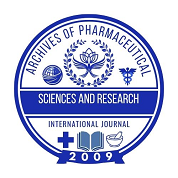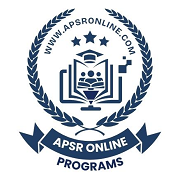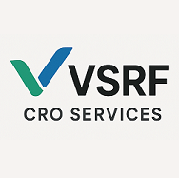
Latest News
From the news

- 16 September 2025
- By Admin
Online Pharmacy Programs: What’s Novel in 2025 Globally
The global shift toward fully integrated digital healthcare is transforming online pharmacy education. By 2025, e-pharmacies are expected to evolve from simple delivery platforms into comprehensive care ecosystems, blending telemedicine, AI diagnostics, and real-time patient monitoring into their curricula and service offerings.
Key Market Trends
• Quick commerce enabling near-instant medicine delivery through dark stores
• Government-driven generic drug promotion for broader affordability
• Omnichannel care models uniting online consultations with brick-and-mortar pharmacies
• Expansion of telepharmacy services to underserved and remote regions
Technological Innovations in Teaching
• AI-powered adaptive learning systems that tailor content based on student performance
• Virtual laboratories and simulations for safe, cost-effective experimentation
• Blockchain for secure prescription management and immutable drug-supply records
• Cloud-based collaboration platforms connecting students, educators, and industry mentors worldwide
Academic and Social Drivers
Pharmacy education in 2025 is shaped by intertwined Academic, Social, Technological, Economic, and Political (ASTEP) forces. Competency-based learning replaces rote memorization, emphasizing clinical decision-making and interprofessional teamwork. Social equity initiatives push for greater access to digital resources, while economic pressures and policy reforms drive innovative public–private partnerships in education and research.
Regulatory and Accreditation Shifts
Global accrediting bodies are updating standards to recognize micro-credentials, digital badges, and competency portfolios in pharmacy. Countries are harmonizing telepharmacy regulations, allowing students to earn portions of their clinical hours via virtual internships under licensed practitioners. This harmonization fosters cross-border credit transfers and international joint-degree programs.
Looking Ahead
The next evolution will see hyper-personalized upskilling pathways—short intensive modules on pharmacogenomics, digital therapeutics, and precision medicine—that professionals can stack into full credentials. Collaborative virtual exchanges between universities on different continents will broaden cultural competence and prepare pharmacists for a truly globalized healthcare landscape.





